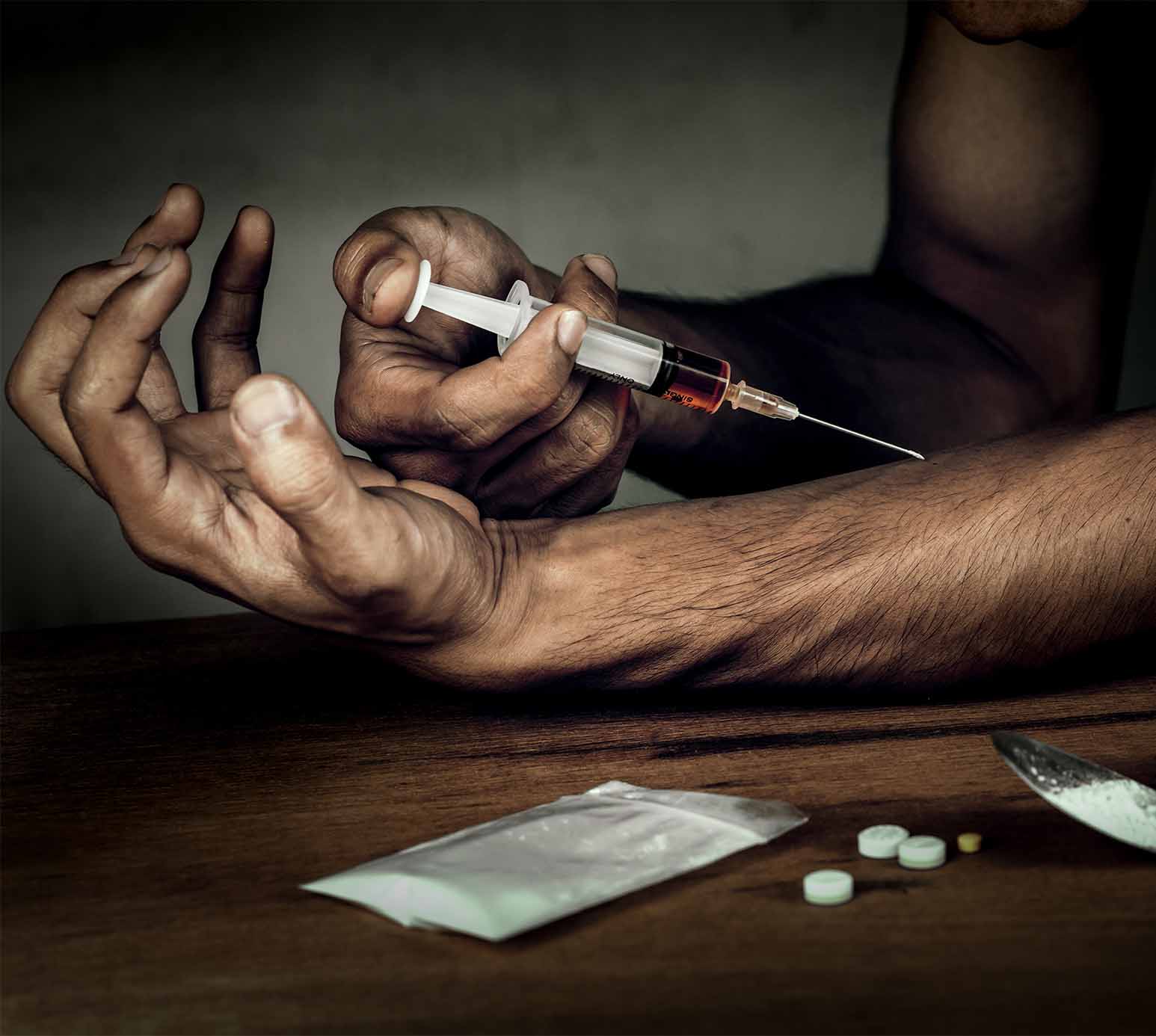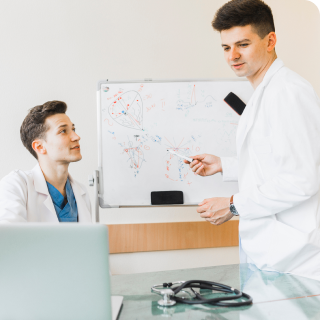Heroin Addiction Treatment at Turning Point Recovery Network
Heroin addiction is a severe and complex disorder that impacts individuals physically, psychologically, and socially. Turning Point Recovery Network offers a robust and comprehensive treatment approach, incorporating evidence-based practices, holistic care, and ongoing support to address the multifaceted nature of heroin addiction. The following sections detail the various treatment modalities and the scientific principles underpinning these approaches.


















